International culture strategy: consultation analysis - executive summary - easy read
Analysis of responses to the public consultation for the international culture strategy.
International Culture Strategy Executive Summary (Easy Read)
The Scottish Government asked the public about the International Culture Strategy on 2nd February. This went on for 14 weeks.
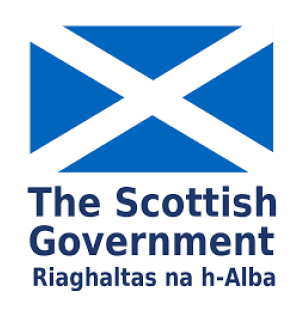
They wanted to know what people thought was important for Scotland’s culture and creative sector and how it works internationally.
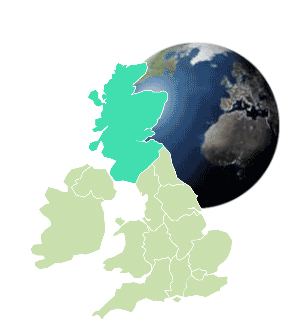
The survey was mostly aimed at people who work in the culture and creative sector. This could be people who work in film, music and museums.

77 people and organisations responded. There were a lot of things they talked about.

Some of the people worked mostly in Scotland. Other people worked with other countries around the world.

People wanted to work internationally for a lot of different reasons. Some of these were about working with and learning from other cultures and making sure Scotland is well known.

Things that make it hard to work with other countries included Brexit and COVID-19. The cost of living crisis was also a problem.
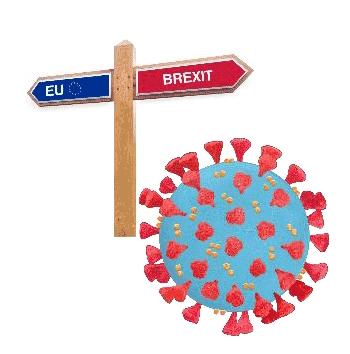
The people who took part agreed that an International Culture Strategy would be good. It could help the economy grow.

There will need to be some money to make sure it works.

The people who took part were asked about the aim of the strategy. They said people being connected and having opportunities to work with others was important.

There should be other outcomes from the strategy. Health and empowerment were important suggestions.

People were not sure about using the term ‘Scotland’s Distinctive Identity’. It might not truly represent diversity in Scotland.

The respondents said the government should build on the good work that is already happening in the sector.

Most of the people who took part had some kind of funding or other financial support to work internationally.

The support helped them meet new people and work in new events. This was very helpful.

Most thought the current support is not enough. Things were already hard for businesses before Brexit and COVID-19.

There are many examples Scotland can learn from that support global organisations and workers.
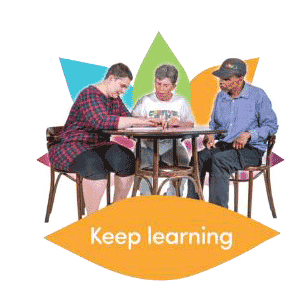
Respondents said international working helps people share knowledge.

They also said that Brexit made it harder to work abroad. There are problems that did not exist before.
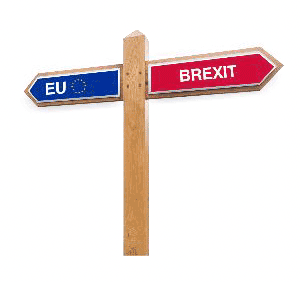
The respondents suggested creating a way for Scotland to work with the EU. This will help deal with the problems of Brexit.
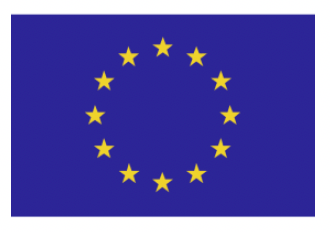
Many people thought the strategy should think about the impact of international work on climate change.

The strategy can also help bring justice to people who were badly treated throughout history.

People said they had to find new ways to work during COVID-19. Some things have made it easier to work internationally, like video calling.

Most people agreed that there are certain parts of the world they focus on more.

The strategy should not miss new opportunities in other parts of the world.
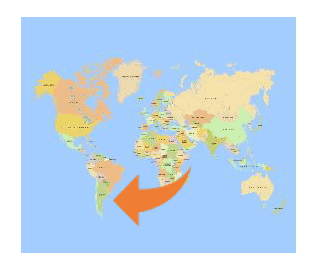
There are good and bad experiences of equality groups working abroad. Some people talked about the challenges of working in countries that had poor human rights records.

Cost can be a problem for equality groups working abroad too. They might not have access to the same funding opportunities.

It is good for children and young people to take part in international activities. It can expand their career opportunities in the future.

It can also help to show the world more about Scotland.

There may be safeguarding risks when children and young people take part. This must be addressed.

The respondents agreed that people with lived experience need to be talked to. This will help us find and fix any problems in relation to equality.

Contact
There is a problem
Thanks for your feedback